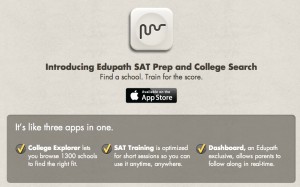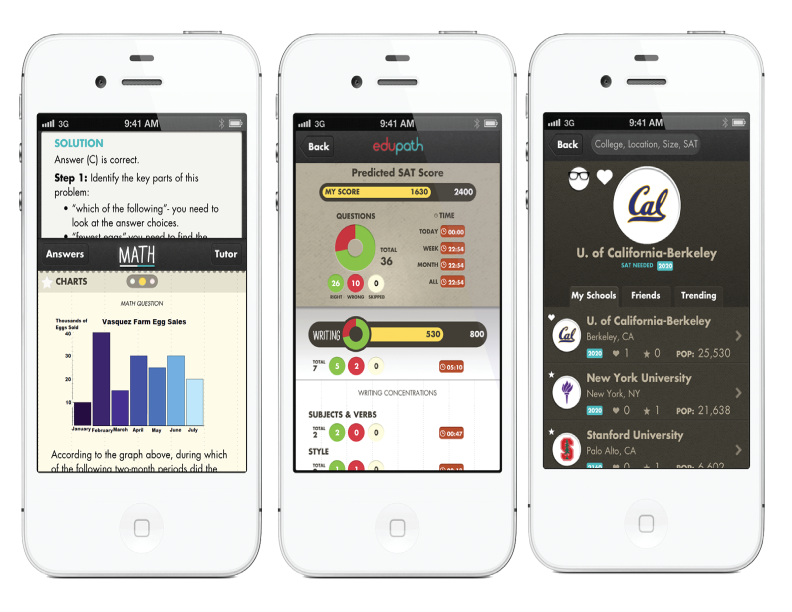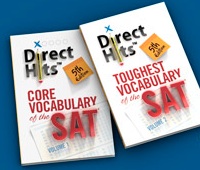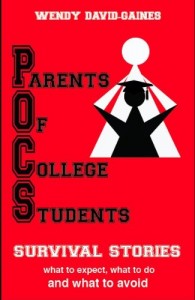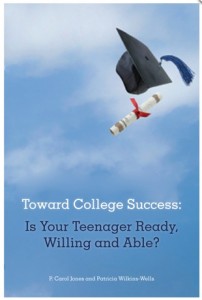
Higher education is a complicated issue for many students and parents today. College education is a necessity for finding success and prosperity in many career paths, but rising concerns about student loan debt and graduate unemployment are making the process of pursuing education more stressful and uncertain than ever before. Community colleges are becoming increasingly popular options for students everywhere, as a means of securing foundation credits before transferring to a university. Is this a path that your teen should be considering?
Community college gets a bad rap
Community colleges are often viewed as being stigmatized in many academic circles. Students and parents alike disdain the idea of a community college education because they believe that more prestigious institutions will look down upon them. Worries about how an employer will view community college education on a resume are disconcerting as well. However, you shouldn’t be concerned about such fallacies. Your teen can study at a community college before transferring to another school, and still have access to all the same opportunities as every other student.
Community college will save you money
Many students are uncertain about their futures, and the prospect of choosing a college can be very daunting for them. A college education is a very expensive investment, and students should be going into their college years with both high confidence and defined goals. Students entering college without a goal in mind tend to spend up to two years exploring different lines of study in an effort to find the right path. While this is a healthy process, college is not the best place to do it. If your teens go into college without goals, they will take longer to finish their degree programs and incur more debt. This is where community college can be very beneficial.
You’ll quickly find that community colleges are, with almost no exceptions, much less expensive than any other school. Community colleges draw on local populations for their student bodies, and they offer education with much lower tuition rates than even public universities. Studying at a community college allows your teen to gain important foundation education in key subject areas without spending full price on college tuition. This can be a life saver, especially for families with tight budgets.
Community college will help develop career interests
While studying key academic subjects like writing and mathematics at a community college, your teen will also have the opportunity to explore other lines of study through elective courses. This helps students to find the paths that will lead them to prosperous careers. Exposure to philosophy in community college could spur an interest in law studies for your teen. A course in the arts or writing could unlock a previously concealed passion for creative work that leads to a prosperous and fulfilling career. Community colleges give students the opportunity to explore a variety of subjects without the financial stress that comes from university study.
Your teen may have his or her heart set on a four-year university like Howard University, but attending a community college first is often a very smart choice. Give your teens the option of exploring several academic possibilities without incurring debt, and help them find the paths that will lead them to success in college and beyond.




